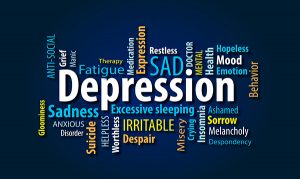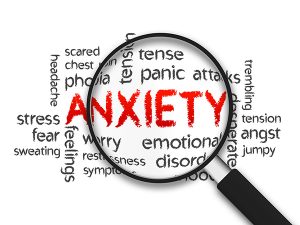What I Can Help With
Counselling can support you through a wide range of emotional and psychological difficulties. Below are some of the areas I commonly work with. This list is not exhaustive, and you're welcome to contact me if you're unsure whether therapy may be suitable for you.
Emotional Wellbeing
-
Anxiety and panic attacks
-
Depression and low mood
-
Low self-esteem and confidence issues
-
General stress or feeling overwhelmed
-
Anger and emotional regulation difficulties
Relationships and Life Challenges
-
Relationship issues (personal or professional)
-
Separation, divorce, or family conflict
-
Bereavement, grief, and loss
-
Postnatal depression and birth trauma
-
Life transitions or loss of direction
Trauma and Past Experiences
-
Childhood trauma or complex trauma
-
Post-Traumatic Stress Disorder (PTSD)
-
Flashbacks, nightmares, or dissociation
-
Repetitive negative patterns and inner critic
-
Shame, guilt, or unresolved emotional pain
Behavioural and Health-Related Concerns
-
Obsessive thoughts and compulsive behaviours (OCD)
-
Phobias and specific fears
-
Sleep disturbances and insomnia
-
Chronic fatigue and health-related anxiety
-
Habit change (e.g., smoking, overeating)
If you would like to discuss whether therapy may be helpful for your particular concern, I offer a free 15-minute telephone consultation with no obligation.


